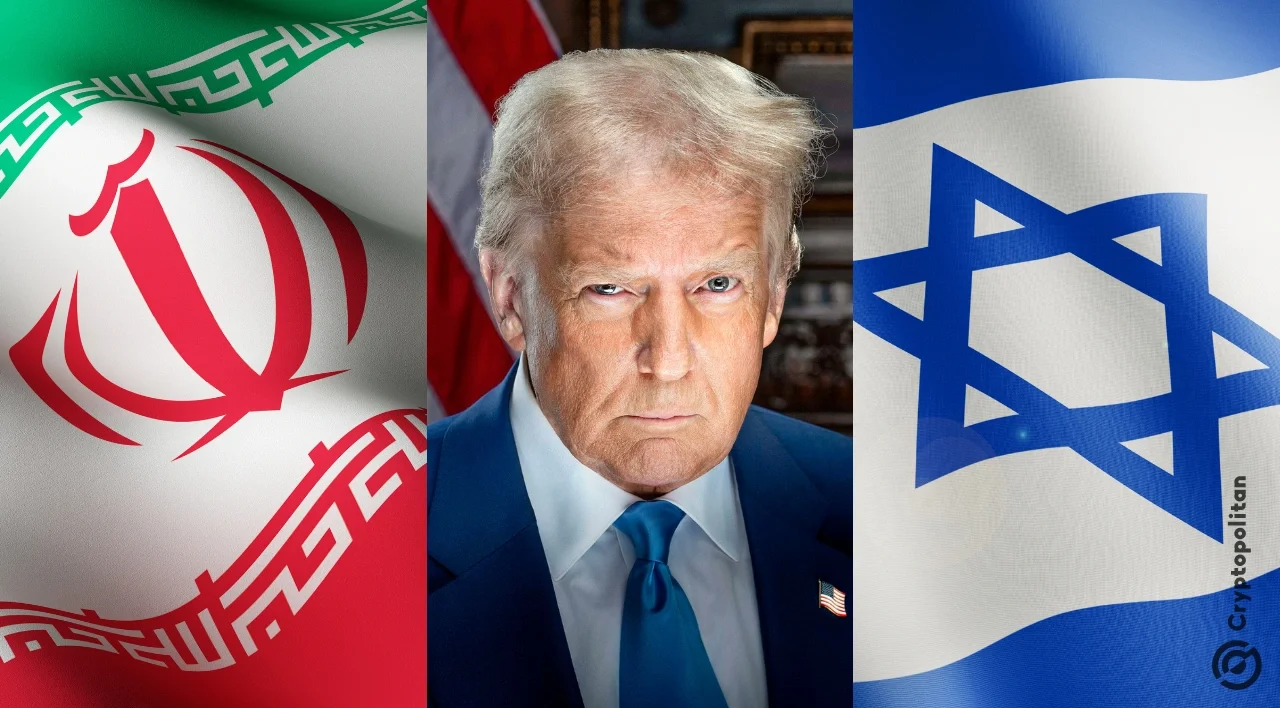New Delhi | June 21, 2025
Just hours after U.S. President Donald Trump announced a “complete and total ceasefire” between Iran and Israel following nearly two weeks of escalating conflict, Iran’s official response has cast doubt on the claim. Iranian Foreign Minister Abbas Araghchi praised Tehran’s armed forces for “fighting until the very last minute” but firmly denied that any formal ceasefire agreement had been reached.
In a post on X (formerly Twitter), Araghchi wrote, “The military operations of our powerful Armed Forces to punish Israel for its aggression continued until the very last minute, at 4 AM. Together with all Iranians, I thank our brave Armed Forces who remain ready to defend our dear country until their last drop of blood.”
The foreign minister’s comments have led to confusion and speculation about the true status of the ceasefire. While he stopped short of confirming Iran’s ongoing military activity beyond the declared timeline, he also explicitly rejected Trump’s statement of a truce.
Tehran Denies Agreement Despite Ceasefire Talk
Earlier in the day, Abbas Araghchi issued a separate statement on X, stating that Iran had “no agreement” with Israel regarding a ceasefire. “As Iran has repeatedly made clear: Israel launched war on Iran, not the other way around. As of now, there is NO ‘agreement’ on any ceasefire or cessation of military operations,” he wrote.
He further noted that while Iran had no intention to continue hostilities, this was conditional upon Israel halting its aggression by 4 AM Tehran time. “Provided that the Israeli regime stops its illegal aggression against the Iranian people no later than 4 AM, we have no intention to continue our response afterwards,” Araghchi clarified.
The dual messages—denying a formal ceasefire while praising troops for operations “until the last minute”—have fueled uncertainty about whether the 12-day war is truly over or merely paused pending verification of Israel’s compliance.
Trump’s Ceasefire Announcement
The confusion followed a dramatic announcement by U.S. President Donald Trump, who posted on his social platform, Truth Social, that Iran and Israel had agreed to a full 24-hour phased ceasefire. Trump claimed the agreement had been brokered with assistance from U.S. diplomatic efforts and would bring an end to the most serious military confrontation between the two regional rivals in decades.
“CONGRATULATIONS TO EVERYONE!” Trump wrote in capital letters. “It has been fully agreed by and between Israel and Iran that there will be a Complete and Total CEASEFIRE (in approximately 6 hours from now, when Israel and Iran have wound down and completed their in-progress, final missions!).”
According to the U.S. President, the truce would follow a phased implementation: Iran would halt military operations at the start of the 24-hour window (9:30 AM IST), and Israel would reciprocate after 12 hours. The conflict would then officially be considered over.
Trump further claimed the world would “salute the end of the 12-day war” at the conclusion of the phased truce.
Background: 12 Days of Escalation
The announcement follows nearly two weeks of intense fighting between Iran and Israel, sparked by Israel’s Operation Rising Lion, a series of targeted strikes on Iranian nuclear infrastructure and military assets. Iran retaliated with a barrage of over 400 missiles, some of which hit civilian areas in Israel, causing significant casualties and infrastructure damage.
In recent days, the conflict has drawn in broader regional actors and elevated global tensions. The U.S. and its allies increased their military alert levels, while countries like Qatar, Turkey, and Saudi Arabia issued travel warnings and urged restraint from both sides.
A series of airstrikes, cyberattacks, and drone deployments had kept both Tehran and Tel Aviv on edge, with Israel warning of more operations unless Iran ceased hostilities. Reports from Israeli defense sources suggested that several Iranian missile production facilities and suspected nuclear enrichment sites were heavily damaged.
Global Reaction and Regional Implications
While the ceasefire news—despite its ambiguity—was welcomed by some world leaders, many urged caution. The European Union said it was “monitoring the situation closely,” while China and Russia called for both sides to uphold peace “in both spirit and action.”
Back in India, the government remained neutral, urging both countries to avoid escalation while safeguarding Indian nationals in the region. According to India’s Ministry of External Affairs, over 300 Indians have already been evacuated from conflict zones in Iran and Israel.
What’s Next?
Analysts remain skeptical about whether the ceasefire will hold, especially given the conflicting statements from Tehran. Military experts note that ceasefires often begin with informal pauses in fire before formal diplomatic mechanisms can catch up.
“Trump’s declaration may reflect a desire for de-escalation, but unless both sides publicly commit, the risk of renewed violence remains high,” said Dr. Sanjeev Malhotra, a West Asia expert at the Observer Research Foundation.
As of now, no Israeli statement has either confirmed or denied Trump’s announcement or Araghchi’s comments. Both nations remain on high alert, even as signs of reduced hostilities begin to emerge.







